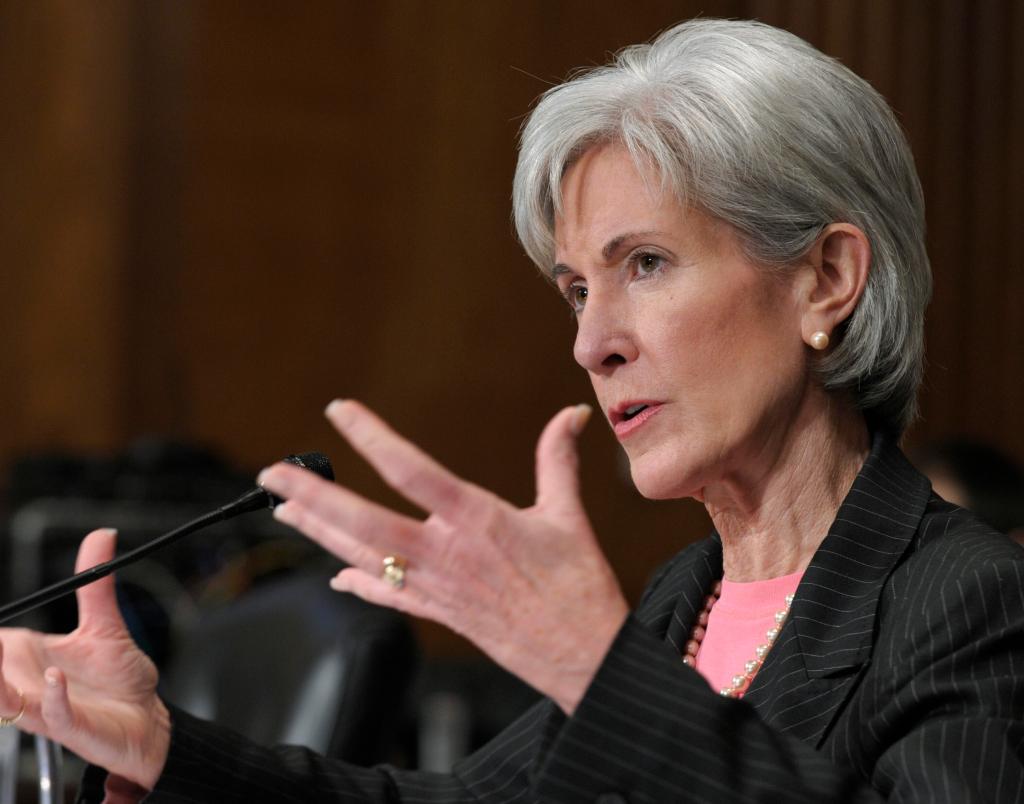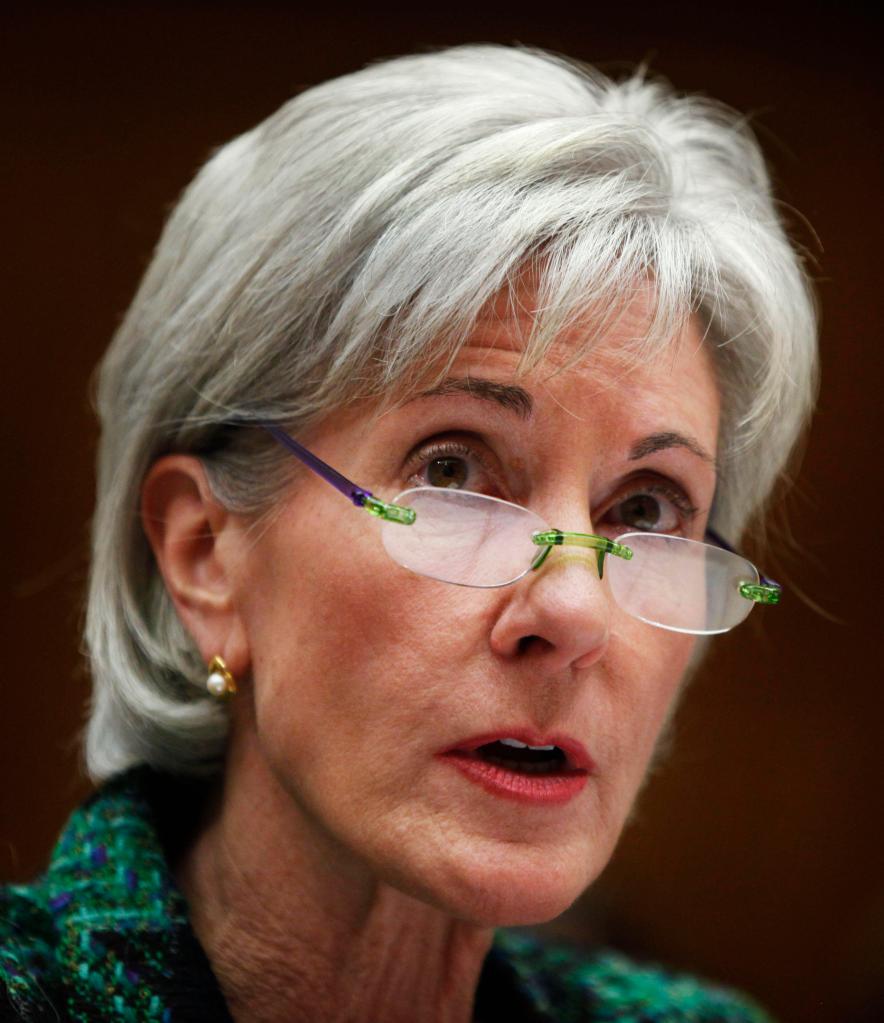From staff and news services
The Obama administration is hoping that attempts to sharply increase medical insurance premiums in Maine and several other states could revive efforts to overhaul the nation’s health care system.
Health and Human Services Secretary Kathleen Sebelius released a report Thursday that showed people buying their own insurance in at least six states have been facing pressure from insurers who want to raise rates by as much 56 percent.
Officials said the problem is likely to be more widespread, but data from individual insurers in different states is difficult to obtain.
”We think it shines a light on the urgency for health reform,” Sebelius told reporters.
In Maine, Anthem Blue Cross and Blue Shield wants to raise rates for individual policy holders — those who do not receive insurance through their employer — by 23 percent. The company sought an 18.5 percent increase in those premiums last year, but Insurance Superintendent Mila Kofman allowed only 10.9 percent.
Kofman said Thursday that the sharp increase in rates makes health care reform more urgent.
”We need comprehensive reforms to start addressing the cost of medical care, which drives premium increases across the nation,” she said in a written statement.
Anthem says its rates are being driven by skyrocketing health care costs and Maine insurance rules.
Spokesman Chris Dugan of Anthem in Maine told the Bangor Daily News on Thursday that Maine’s insurance regulations — which require companies to provide coverage despite pre-existing conditions and also limit how much premiums can vary to reflect an individual’s health history — contribute to the problem.
As younger, healthier people forgo insurance, the remaining risk pool is more expensive to insure, Dugan said.
Companywide in Maine, he said, Anthem in 2009 paid out 92 cents of every premium dollar for health care services.
Maine is home to Sens. Olympia Snowe and Susan Collins, Republican moderates whose support President Obama would like to have for his health care legislation. Collins told The Associated Press on Thursday that she thinks a new reform proposal may emerge from next week’s White House health care summit.
Democrats say their health care bills would lower costs for many consumers by offering government subsidies to most of those buying their own coverage. Premiums would remain high, but insurers would face greater government scrutiny when they try to raise rates.
In California, a proposal by WellPoint’s Anthem Blue Cross to raise premiums by as much as 39 percent set off a wave of criticism and forced the company to announce a postponement last week. California officials said more than 700,000 households face increases averaging 25 percent overall.
Obama seized on the Anthem rate proposals to reinforce his case for sweeping health care reform.
In a briefing for reporters, WellPoint executives blamed their rate increases on rising medical costs and a pool of customers that is gradually becoming older and sicker as younger, healthier people drop coverage. They insisted that their competitors are raising rates in much the same way.
”We understand this is a hardship,” said Brian Sassi, president and CEO of WellPoint’s consumer-business unit. ”This is not something that voluntarily we choose to do.”
The Health and Human Services report found that the Anthem numbers are in line with increases sought by insurers in other states — at a time of robust profit growth for the companies and a lack of competition in most states.
Michigan’s Blue Cross Blue Shield plan requested approval for premium increases of 56 percent in 2009. And in the state of Washington, rates for some individual health plans increased by up to 40 percent until regulators cracked down.
Other states cited in the report were Connecticut, Oregon and Rhode Island.
The premium increases affect the most vulnerable part of the health insurance market — policies marketed individually to customers buying their own plans. According to the Census Bureau, only about 9 percent of Americans purchase coverage directly, and nearly 60 percent are covered under employer plans. Family premiums for those with workplace coverage rose 5 percent last year, nowhere near the rates seen in the individual market.
The health care legislation pending in Congress aims mainly to address the insurance problems of individuals and small businesses. While requiring most Americans to carry coverage, it would provide subsidies to make premiums more affordable. It also would create a new kind of insurance supermarket for individuals and small businesses, offering a range of competitive plans comparable to what federal employees have.
But it would not be a free ride. A Congressional Budget Office analysis last year found that the Senate Democrats’ bill would raise the average premium per person in the individual market by 10 percent to 13 percent, mainly because insurers would have to sell more comprehensive coverage.
The government would pick up much of the tab, however. The majority of people purchasing their own coverage would be eligible for assistance averaging two-thirds of the cost of their premiums.
Staff Writer David Hench contributed to this report.
Send questions/comments to the editors.




Success. Please wait for the page to reload. If the page does not reload within 5 seconds, please refresh the page.
Enter your email and password to access comments.
Hi, to comment on stories you must . This profile is in addition to your subscription and website login.
Already have a commenting profile? .
Invalid username/password.
Please check your email to confirm and complete your registration.
Only subscribers are eligible to post comments. Please subscribe or login first for digital access. Here’s why.
Use the form below to reset your password. When you've submitted your account email, we will send an email with a reset code.